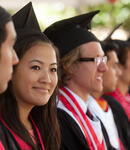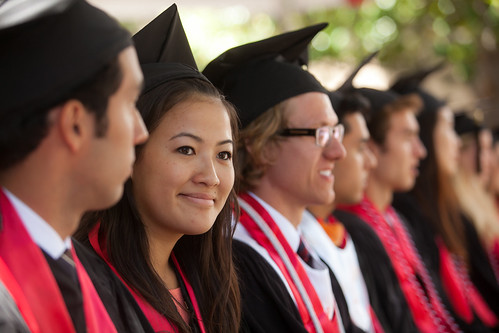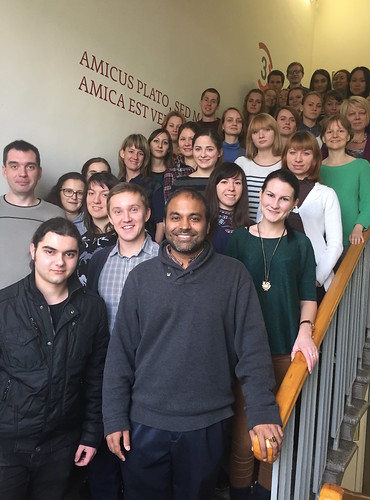
An International Comparative Study
 |
University attendance is increasing around the world, but are graduates learning the essential skills required to succeed in the workforce and grow the economy?
Problem:
The goal of university education is to produce highly skilled graduates—graduates who have strong foundations in both academic knowledge (math, science, reading), and higher order thinking skills. Such skills enable college graduates to get jobs that will help raise the productivity of industries, drive innovation, and contribute to higher economic growth and greater competitiveness in the global knowledge economy.
Unfortunately, little is known about the quality of university education internationally. While international studies of primary and secondary education have drawn international attention and prompted research-driven policy change around the world, no large-scale comparative study of student learning in higher education has ever been done.
More importantly, policymakers and researchers have little evidence from large-scale, representative studies about which factors help students develop skills in higher education. The absence of evidence in these critical areas hinders efforts to improve the quality of higher education.
 |
|
In phase 1 of the large-scale and representative study or higher education, REAP researchers trained hundreds of enuerators to survey 15,000 students in China and Russia. |
Goals:
We are undertaking the world’s first large scale assessment of higher education learning.
The goals of this study are to:
1. Measure gains in academic skills (math and physics) and higher order thinking skills (critical thinking and creativity) for nationally representative populations of university students in a number of countries (including the United States, China, Russia, India, Brazil, Japan, Korea, Canada)
2. Examine which factors (institutional, faculty, instructional, student) affect skill gains
3. Understand not only whether these factors impact student acquisition of skills, but also why and for which types of students.
With our results, we aim to inform policy and improve the quality of higher education in both developed and developing nations.
Approach:
This study will be undertaken in two phases:
Phase 1 (already complete):
In Fall 2015, we surveyed and tested nationally representative samples of more than 15,000 computer science and electrical engineering students in China and Russia. Our collaborators at ETS also simultaneously collected assessment data on 1000's of university students in the United States.

Phase 2:
In Fall 2016, we will follow-up with the same 15,000 sampled students in China and Russia, and extend our study to India, Brazil, Japan and Korea.
Results:
Preliminary results are expected in Winter 2016, with more updates to follow soon.
For questions, please contact: loyalka@stanford.edu.
Principal Investigator:
